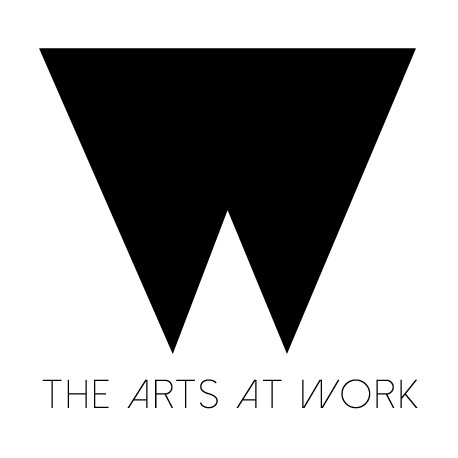“We need to be taught to study rather than to believe, to inquire rather than to affirm.”
Hot Links | STEM Overhyped? | Critical Thinking in Crisis | Scientific Subjectivity | Sensory Lexicon Gaps
Getty Images
The Sydney Morning Herald asks: “Are STEM Skills Overhyped?” , while Strategy+Business posits that the lack of executive empathy is due to a dearth of so-called “soft” skills – like critical thinking.
This piece on Medium’s UX Planet highlights the importance of humanities perspectives in design.
This caught our eye: NPR explores the limits of Western languages, when describing scent.
In AEON, Margaret Wertheim’s piece on dimension showcases subjectivity in the sciences (we’ve been saying all along that subjectivity is not the exclusive provenance of the arts)!
It's Critical
In the recent past, traditional liberal arts education was merely undervalued. Today it’s being attacked outright, as the prioritization of applied approaches to education gain prominence in academic and economic dialogues. Contemporary wisdom dictates that our youth should be directed toward STEM fields, but we at WÆRK believe that the dearth of the critical thinking, which is the fruit of a liberal arts education, is creating a crisis.
Using social media as a megaphone, anyone can broadcast his or her opinion to the world. Too frequently, these often critical opinions are neither mediated by deep contemplation nor empathetic consideration. Broad context is often ignored, due to the rapid pace of online communication and unfamiliarity with bridging ideas that is nurtured through training in critical thought. People “don’t read the comments” because they know that base, anonymous criticism drags dialogue into the gutter. Online trolls may assault the ego, but they destroy the development of fecund conversations and communities.
As we face an increasing glut of information, the critical thinking education that is viewed as so disposable will, in fact, be more relevant than ever. A background in critical thinking can help us weed through crap to find quality. It may provide a checks and balances system for the increasingly unfettered digital economy, by encouraging wholesale consideration before judgments are made. It may, invigorated by intertextuality online and off, encourage a richness of culture and conversation.
Photo by WÆRK



